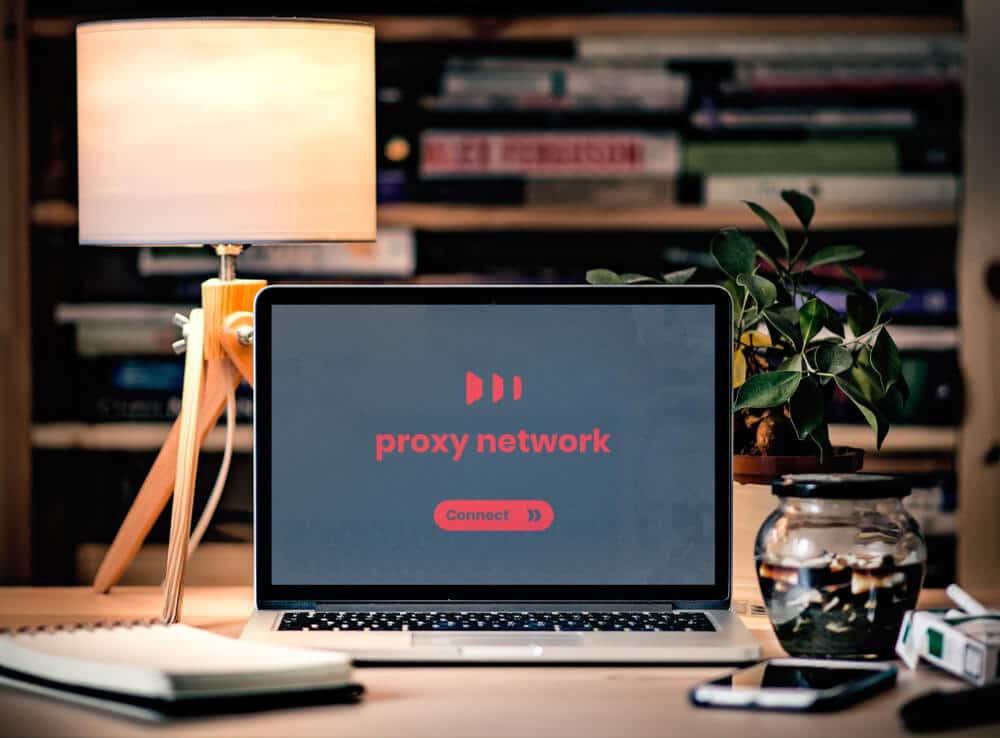Stop for a minute and consider how much of your personal information you’ve entrusted to companies, both big and small. Does Google have your home address? Is your personal life up for grabs on your Facebook account?
While these companies would love for you to think that your data is safe with them, unfortunately, this couldn’t be further from the truth. In 2018, Facebook and Cambridge Analytica suffered a data breach, where identifiable information of roughly 87 million people were accessed due to lacklustre precautions against data harvesting.
We need to step up and demand change. Accountability is something that should be expected from multi-billion-dollar corporations who manage the personal data of millions daily. However, should the worst happen, do you know what you should do in the event of a data breach? Should you notify the police? What are the steps you should take? In this article, we’ll be talking about what you should do in the event of a data breach and shedding light on where breached data goes.
How can a residential proxy protect you?
A residential proxy can help conceal your IP address and your locations as you browse the web, preventing you from being tracked or hacked into by nefarious entities on the internet. This can prevent your computer’s security from being jeopardized in the first place, saving you from any potential data breaches that could have occurred. If you’ve been looking for a residential proxy to help you remain anonymous online, check out Smartproxy.
Where does leaked data go?
Breached data ends up in one of two places: hacker forums or the dark web. While there are differences between them, both are equally bad.
Hacker forums are relatively self-explanatory. This is where hackers “hang out” and bid on goods. Say, for example, a company recently suffered a breach of 100 employee usernames and passwords. Hacker forums would be an excellent place to auction off the data to hackers who will then bid on the goods. Like in a regular auction, the highest bidder gets the goods.
The dark web is far more dangerous. It’s an open marketplace for the sale of armed weapons, illegal substances…generally, things you would have no way of obtaining legally.
The main lesson here is this: Once your data is out, you’re on a clock to save it. While there’s no getting it back, you might be able to restrict access to your personal life by acting quickly (think of resetting your bank passwords before they’re used.)
How can you protect yourself?
- Figure out what was stolen and start planning. When a crisis hits, it’s easy to rush into things and let fear take over. Before you can rectify the situation, you need to know what data was stolen from you. You can get this information by contacting the institution that suffered the breach. Once you’re in the know, contact the relevant authorities and inform them of what happened. Companies seldom do this on behalf of their customers, so it’s up to you to handle it.
- Use two-factor authentication. You can use your phone number or your email address for this. This way, when hackers try to access your accounts, you’ll have an extra layer of security. You’ll also be notified immediately when it happens, so you can take the necessary steps to keep yourself safe.
- Look out for test charges. Hackers usually charge a small amount to credit and debit cards to test if the bill goes through. These amounts can be as low as $10, and if they’re successful, the hackers will begin to rack up many more charges. This is why it’s essential to be on the lookout for test charges and report them to your bank as soon as you see a foreign transaction.
- Change all your passwords. This is especially important if you’ve reused your password on multiple sites. Hackers might try to reuse your username and password on other common sites to gather more information about you. Be sure to change your social media accounts first, as these are usually the first place hackers try to gain access to.
- Be wary of any suspicious calls. It’s not uncommon for hackers to try to contact victims of a data breach. It might sound counterproductive, but this can help them verify that you’re a real person, and by extension, if your data is usable. You need to be especially careful if the caller claims to be from your bank. Make sure you request some form of verification from the caller and verify this with your bank before continuing any discussion with them.
- Try haveibeenpwned.com. If the company that suffered the breach remains tight-lipped on the matter, you might have to take things into your own hands. By entering your email address into this site, you can determine whether your email has been breached.
- If all else fails, freeze your accounts. This is a last resort, but desperate times call for desperate measures. If you or the company that suffered the breach has been unable to locate the source of the leak, it’s best to freeze your affected accounts. While it does mean lot more inconvenience and paperwork for you, you’ll have the peace of mind knowing that they can’t continue to steal anything from you.
In conclusion: We deserve better.
We don’t know what happens behind closed doors at corporations once we give them our data. How they use our data and who they give it to remains unknown to the vast majority of people. We need to educate ourselves on where our data goes once it leaves our hands, and more importantly, we need to demand that companies take better care of our data. After all, we are paying for their services. Don’t we at least deserve the peace of mind in knowing our data won’t be stolen?


